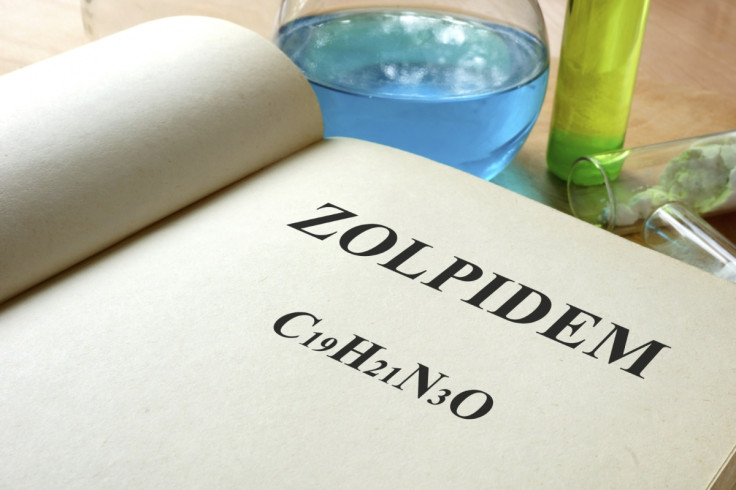Zolpidem: Sleeping drug found to significantly increase stroke recovery in mice

A popular sleeping drug has been shown to significantly increase the stroke recovery time in mice. Stanford scientists showed how Zolpidem – known under its trade name Ambien – can improve recovery following a stroke by improving signalling in the brain.
Strokes occur when the blood supply to part of the brain is cut off. Because blood carries nutrients and oxygen, without it cells can be damaged or die. Around 150,000 people suffer from strokes every year in the UK and one in four are fatal in the first 12 months.
Treatments to clear the blockage are available but to be effective they must be administered within the first several hours of the onset of the stroke, meaning many sufferers do not benefit from them. Once the damage has been done, the brain slowly starts rewiring itself with new neural connections replacing those destroyed by the stroke. At present, there is no drug therapy to improve recovery and most, if any, improvements take place in the first three to six months.
The researchers published their latest study in the journal Brain. In it, they looked at the inhibitory neurotransmitter GABA. GABA is secreted by nerve cells to temporarily stop other nerve cells from propagating impulses and is normally released at synapses (special junctions that feature high concentrations of neurotransmitters).
However, GABA receptors are also found on the outer surfaces of nerve cells – known as extrasynaptic GABA signalling. Previous research had shown that this type of GABA signalling following a stroke was detrimental to recovery. In the latest study, researchers looked at a region of the brain near the area damaged by stroke that is known to rewire itself following damage. When doing that they found an increase in the number of GABA synapses.

Because Ambien is known to increase GABA production, the team were looking to see what effect it had on mice following a stroke. They gave a group of mice very low doses of the sleeping pill (far lower than would lead to tiredness) and gave them and a control group a series of sensory and motor tests. The mice had suffered from two types of stroke, one that severely damaged sensory ability and another where movement was impaired.
Findings showed that in almost every case, the Ambien mice recovered far faster than the control mice. The team said the drug was effective because it enhanced the nerve-cell signalling activity. Gary Steinberg, senior author on the study, said: "Before this study, the thinking in the field was that GABA signalling after a stroke was detrimental. But now we know that if it's the right kind of GABA signalling, it's beneficial. And we've identified an FDA-approved drug that decisively promotes the beneficial signalling."
However, the authors warn that human trials will not take place for some time. Unlike humans, mice naturally regain most of their pre-stroke functionality. Researchers will test the drug in other animal models before proceeding to clinical trials. They also said their results will need to be replicated in other laboratories before testing can begin.
© Copyright IBTimes 2025. All rights reserved.






















